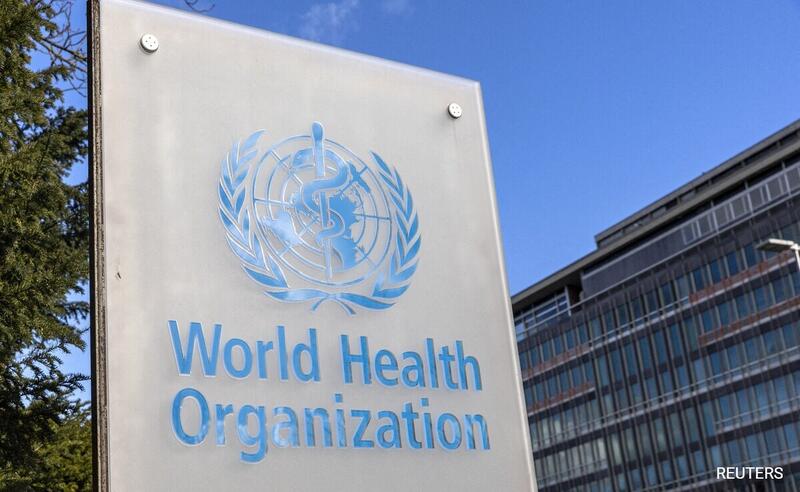In an increasingly fragmented world, the upcoming adoption of the WHO Pandemic Agreement at the 78th World Health Assembly signals a hopeful move towards global collaboration. This agreement aims to balance the crucial need for innovation with the equally important goal of equitable access to life-saving medical products during pandemics.
The Role of Intellectual Property Rights in a Global Health Crisis
The COVID-19 pandemic exposed significant challenges in vaccine distribution, many stemming from intellectual property (IP) rights. While IP rights incentivize innovation by granting exclusivity to inventors, they can also limit access and inflate prices for critical medical products like vaccines and treatments.
During the pandemic, countries like India and South Africa pushed for a temporary TRIPS waiver at the World Trade Organization (WTO) to bypass patents on COVID-19 vaccines and medicines. However, wealthier nations and pharmaceutical companies resisted, arguing that alternative mechanisms such as voluntary licensing and donor-funded initiatives could ensure equitable distribution.
Technology Transfer and Capacity Building
Article 11 of the Pandemic Agreement emphasizes the importance of making licenses available on a non-exclusive, worldwide, and transparent basis to support developing countries. This includes capacity-building for the transfer of technology and know-how for pandemic-related products, helping nations to manufacture vaccines and medicines independently.
The Controversy Surrounding Patents and Innovation
Experts like Dr. Aisling McMahon have highlighted how patents can serve as private governance tools that control access and pricing. For example, during COVID-19, the United States secured almost the entire global supply of Remdesivir, a drug believed to speed recovery, due to its patent rights held by Gilead Sciences.
Moreover, reports such as Keeping Science Open argue that IP rights can hinder scientific progress by fostering secrecy and limiting competition.
Innovation: A Collective Effort Supported by Society
Government subsidies, tax incentives, and state interventions often underpin innovation. Scholars like Jerry Courvisanos and Elder et al. argue that innovation, particularly in strategically important technologies, is a product of collective effort, not just individual inventors.
This raises the ethical question: should IP rights prevent society at large from accessing innovations essential to health and survival, especially during global crises?
Why Balancing Innovation and Equity Matters
The WHO Pandemic Agreement embodies a critical balance between protecting intellectual property to encourage innovation and ensuring equitable access to medical products worldwide. As nations prepare to adopt this framework, the global message must be clear: innovation without equity is untenable, unviable, and unethical.
For more insights on global health policies and pandemic preparedness, visit our article on Global Pandemic Preparedness Strategies.
Additional Resources
- WHO on Intellectual Property and Public Health
- WTO TRIPS Agreement
- World Intellectual Property Organization (WIPO)
Balancing innovation with equitable access will be crucial not only for managing current pandemics but for ensuring global health security in the future.


